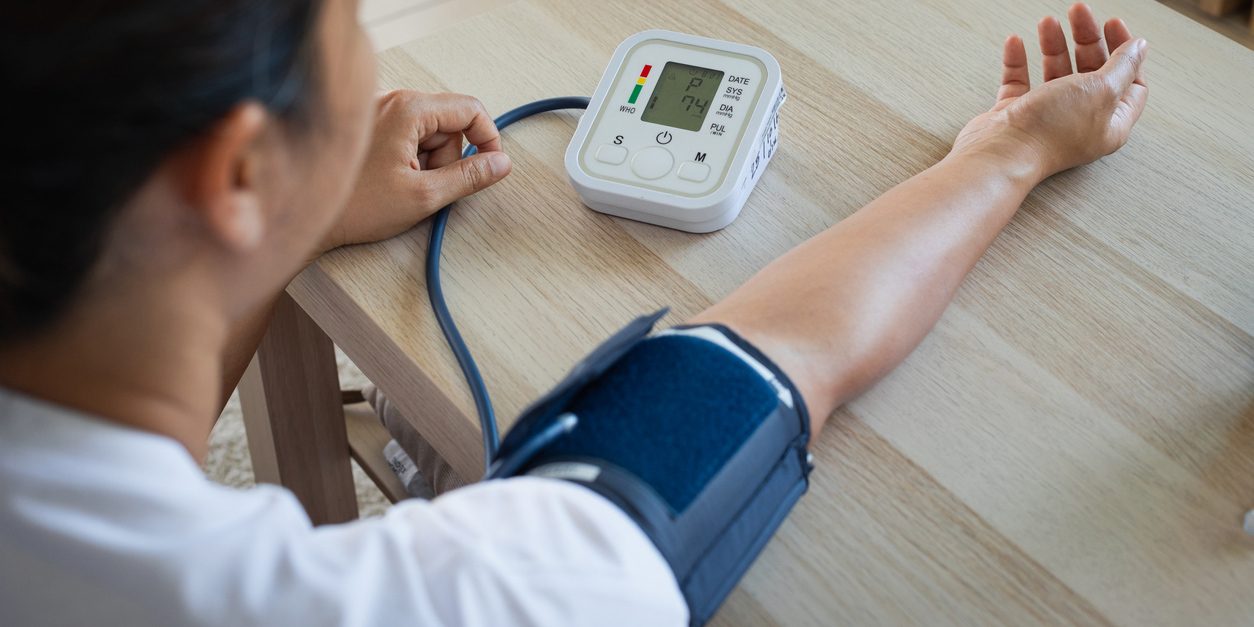
Experts call for urgent action with Aussie blood pressure out of control
Reducing rates of high blood pressure by just a quarter could save 37,000 lives and return $34.3 billion to the economy according to Australia’s leading experts.
If all Australians currently living with high blood pressure were properly treated, as many as 83,000 lives could be saved resulting in a $91.6 billion return.
Alta Schutte, Professorial Fellow at The George Institute for Global Health and Professor of Cardiovascular Medicine at UNSW Sydney said that although high blood pressure is a major cause of death and disease, there did not seem to be any urgency to address it in Australia.
“Globally, raised blood pressure is the leading risk factor for major adverse outcomes such as coronary heart disease, stroke and dementia,” she said.
“Given these conditions are the top three killers of Australians, raised blood pressure should be front and centre of the national health agenda, but instead attention is currently focused on better managing the diseases it leads to.”
In Australia it is estimated that raised blood pressure is responsible for 43 percent of coronary heart disease, 41 percent of stroke, around a third of chronic kidney disease and atrial fibrillation and just under four percent of dementia cases.
“While managing these conditions is undoubtedly important, major public health impact is more likely to be achieved by improving awareness of and screening for high blood pressure and improving blood pressure control,” added Prof Schutte, who is also Immediate Past President of the International Society of Hypertension.
Over the past decades the prevalence of hypertension in Australia has been lowered due to improved public health, but the Australian Institute of Health and Welfare reported that only a third of blood pressure cases were under control in 2017-2018, implying that over two thirds of people with raised blood pressure in Australia were not properly managed. This situation has not improved for the past 10 years.
“While the government’s recent announcement of $40.5 million for a new Medicare Benefits Schedule item for 24-hour ambulatory blood pressure measurement to improve the diagnosis of hypertension is a good start, we believe there’s much more that could be done to address this pressing health issue,” said Markus Schlaich, President of the High Blood Pressure Research Council of Australia.
The experts recommended a three-step roadmap to tackle the problem, including establishing a national taskforce on blood pressure, prioritising research funding and implementing various measures to improve population awareness, prevention and screening.
Professor Garry Jennings, Chief Medical Advisor and interim CEO of the Heart Foundation said that high blood pressure was often called a silent killer because there are no obvious signs or symptoms.
“The good news is high blood pressure can be controlled, but our data shows that 15 per cent of Australians aged 45-74 missed having their blood pressure checked in the last two years,” he said.
“We know that a strong focus on high blood pressure identification and management is an outstanding return on investment, and we have the tools required to achieve it.”
“What remains is to take the first step,” Prof Jennings added.






